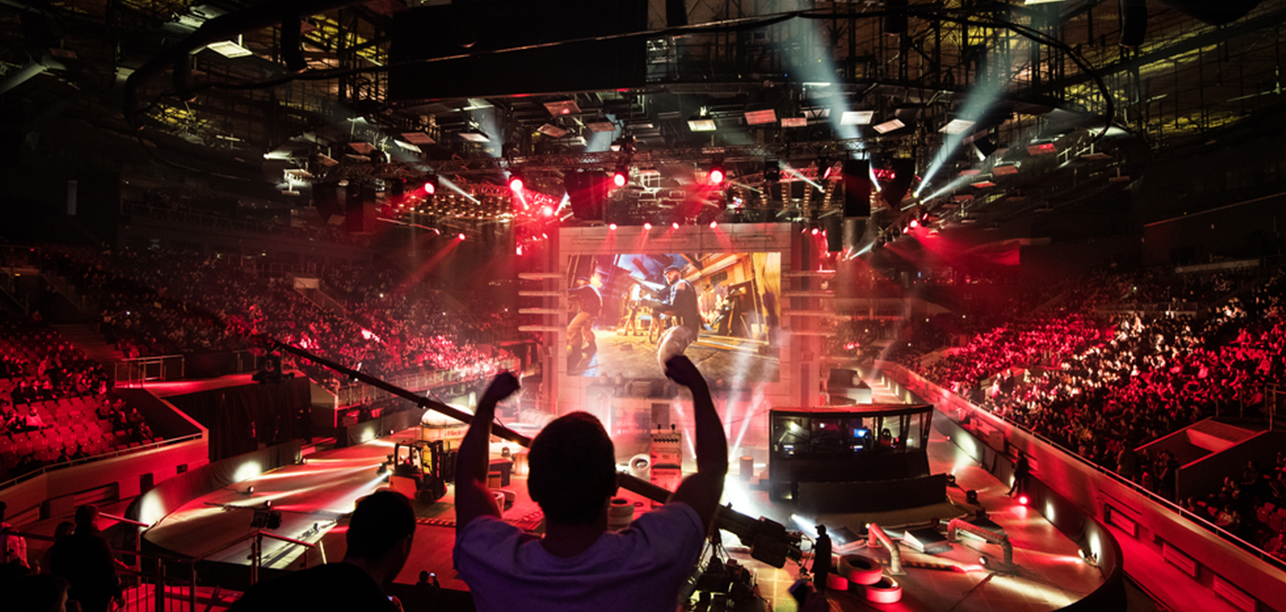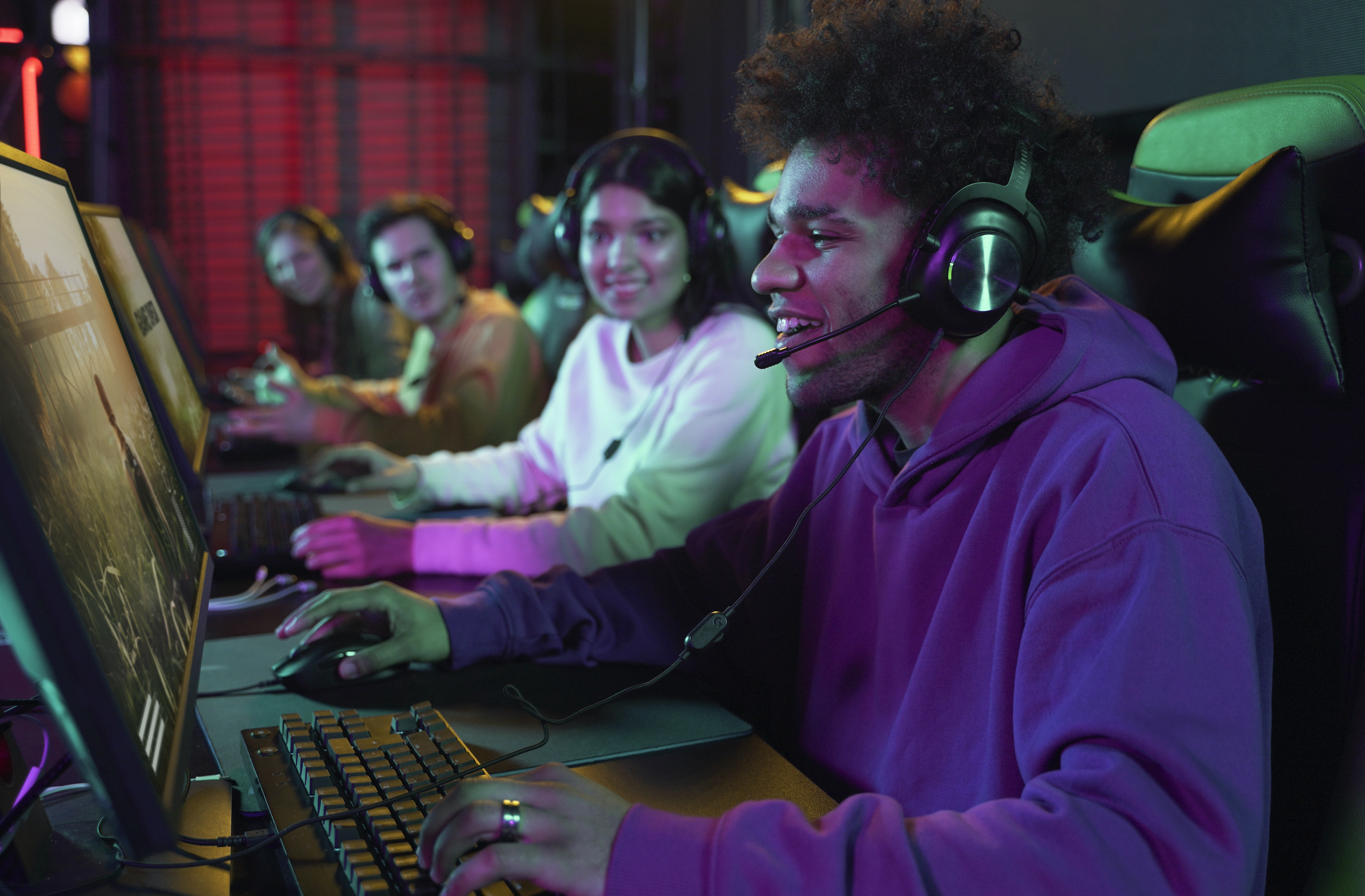
How Esports Teams Prepare for Major Tournaments
In the fast-paced world of esports, preparation is key to success. The industry continues to grow, with millions of fans tuning in to watch their favourite teams and players compete. The stakes have never been higher. Major tournaments are not just about individual skills. They require meticulous planning, rigorous training, and strategic foresight. But how exactly do esports teams prepare for these high-pressure events? In this blog, we’ll explore pro gamer training methods and team strategies in esports. We’ll look at how teams prepare to perform their best when it counts.
The significance of preparation in esports cannot be overstated. In traditional sports, physical prowess is paramount. Esports demands a unique blend of cognitive skills, quick reflexes, and strategic thinking. Teams must work harmoniously, each player understanding their role and executing it flawlessly. This blog highlights the hard work behind how teams prepare for championships. It offers a look into the disciplined world of esports training.
Key Benefits / Why It Matters
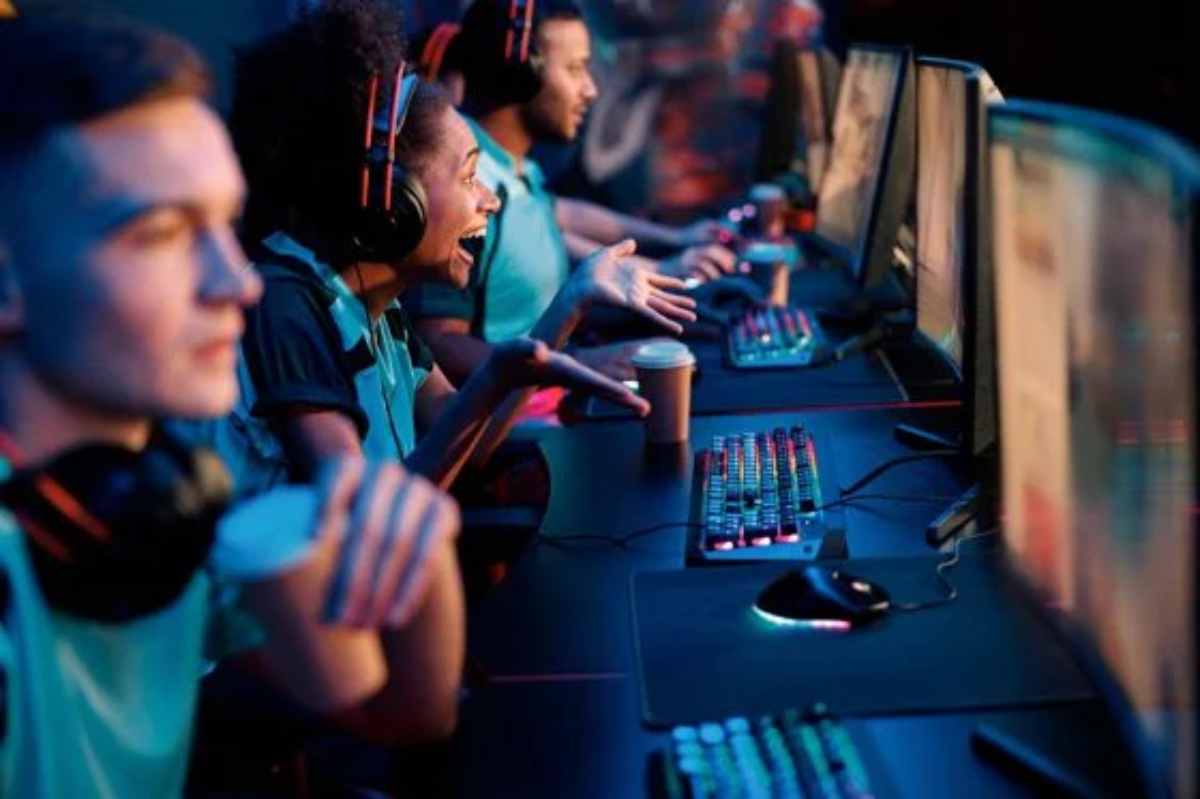
The Importance of Preparation in Esports
Preparation is the cornerstone of success in esports. Teams need to keep up with fast-changing games and new strategies to stay competitive. In big tournaments, even a tiny mistake can change winning to losing.
One of the primary reasons why preparation is vital is the unpredictable nature of esports. Esports are always changing. Unlike traditional sports, teams can’t always depend on fixed plays and strategies. New patches, updates, and meta-shifts can drastically alter the landscape of a game, requiring teams to adapt quickly. This adaptability comes from careful preparation. It helps teams see changes ahead and respond well.
Moreover, preparation fosters team cohesion and communication. In esports, teamwork is paramount. A good team knows each player’s strengths and weaknesses. This helps them create strategies that use everyone’s skills. This kind of teamwork comes from regular practice and good preparation. It helps everyone stay aligned.
Real-Life Applications and Data-Backed Insights
Team Liquid is a top esports organisation. Their success shows how important preparation is. In 2019, they secured a historic victory at The International, the premier tournament for Dota 2. Their success was attributed to their meticulous preparation. The planning involved analysing their opponents’ strategies, refining their gameplay, and fostering a culture of constant improvement.
Data also supports the notion that preparation is crucial in esports. A study from the University of Chichester found that esports players who spent more time practising and preparing did better than their peers in competitions. The link between preparation and success shows how important training and planning are in esports.
Step-by-Step Guide / Actionable Insights
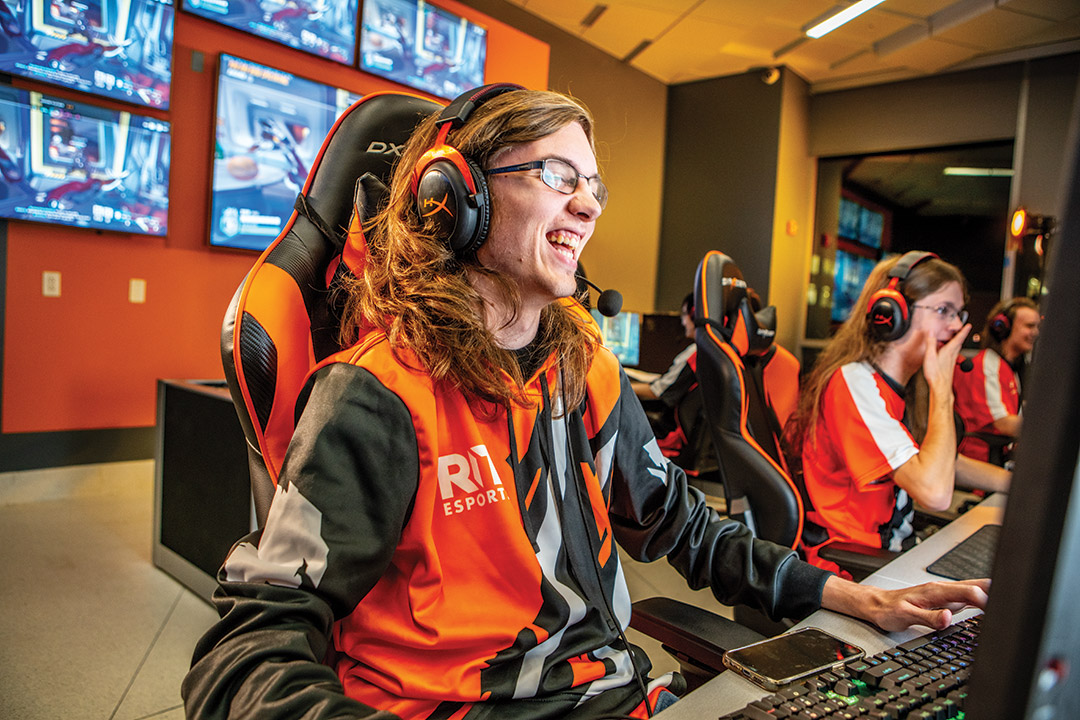
Step 1: Establishing a Training Regimen
The first step in preparing for a major tournament is establishing a comprehensive training regimen. This means setting clear goals, finding areas to improve, and making a balanced schedule for practice and rest. Pro gamer training methods often include a mix of individual skill development, team scrims, and review sessions.
Individual Skill Development
Individual skill development is a crucial component of any training regimen. Players work on improving their mechanics, reaction times, and game sense. They do this by practicing drills and exercises repeatedly. This boosts their performance and helps the team work better overall.
Team Scrims and Strategy Sessions
Team scrims, or practice matches, are essential for testing strategies and building team cohesion. In these sessions, teams try out new tactics. They look at how their opponents play and improve their game plans. Strategy sessions focus on game theory, map control, and resource management. They help the team prepare for any situation.
Step 2: Analysing Opponents and Adapting Strategies
In the world of esports, knowledge is power. Analysing opponents and adapting strategies accordingly is a critical aspect of preparation. Teams collect data on their rivals. They analyse gameplay, spot patterns, and take advantage of weaknesses. This level of analysis requires a keen understanding of the game and the ability to think several steps ahead.
Scouting and Data Collection
Scouting means watching opponents’ games, noting their strategies, and gathering data on how they perform. This information is then used to devise counter-strategies, giving teams a competitive edge. Data collection never stops. Teams keep updating their databases to show the latest trends and changes.
Adapting to Meta Shifts
Esports often sees quick changes in the meta. This means some strategies or characters may be stronger or weaker after game updates. Successful teams adapt quickly to changes. They incorporate new tactics into their gameplay. This adaptability is a testament to their preparation and strategic acumen.
Step 3: Mental and Physical Conditioning
Esports may not need as much physical effort as traditional sports. Still, mental and physical conditioning are key parts of preparation. Players must maintain peak mental acuity, managing stress and fatigue to perform at their best.
Mental Resilience and Stress Management
Mental resilience is vital in esports, where high-pressure situations are commonplace. Teams use different methods to strengthen mental toughness. These include mindfulness exercises, visualisation, and stress management workshops. These practices help players stay calm and focused, even in the most intense moments.
Physical Health and Well-being
Physical health also plays a role in esports performance. Players should keep a healthy lifestyle. This means they need regular exercise, balanced nutrition, and enough rest in their routines. This approach helps players get ready both physically and mentally for competition.
Esports Tournaments Preparation
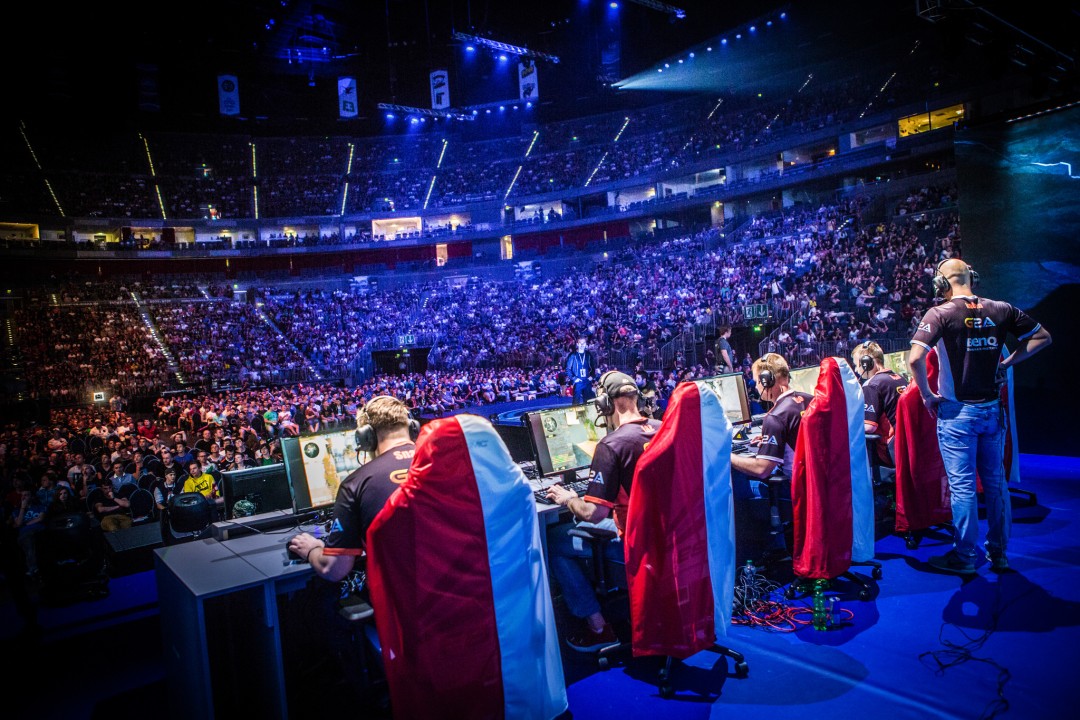
Finally, the synergy between mechanical skills and a strategic mindset is pivotal. A tournament is not just a test of individual prowess but a battle of wits as well. Setting strict training schedules, studying opponents, and building mental toughness are needed. Each contribution to preparation is vital to the success of a team. If you are not prepared for esports, you will not succeed.
Aspiring esports teams and players should rethink their prep. It’s important to focus on both individual training and a holistic approach. Being sufficient in this will protect an entry strategy for your targets in the challenges of the competition. Best of luck with your esports career, and remember: It’s not about the trophies. It’s about the grind for greatness and having fun while doing it!
What strategies do you think are most effective for preparing for major tournaments in esports? Share your thoughts in the comments below!


